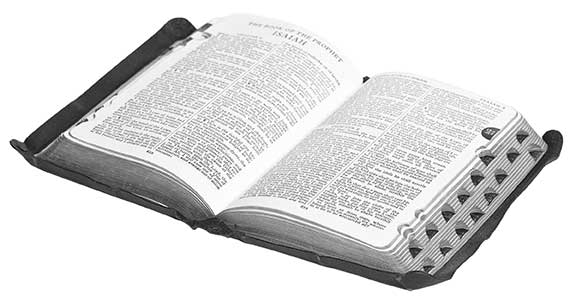“Pay It Forward”
31st CLC CONVENTION
June 16-19, 2014
Immanuel Lutheran College, Eau Claire, WisconsinTHEME:
“God Our Savior Desires All Men to be Saved!” (1 Timothy 2:3-4 NKJV)
Essay 1: Jesus is the one Mediator of that truth! (1 Timothy 2:5-6)
Essay 2: We are appointed to proclaim that truth! (1 Timothy 2:7)
“For this is good and acceptable in the sight of God our Savior, who desires all men to be saved and to come to the knowledge of the truth. For there is one God and one Mediator between God and men, the Man Christ Jesus, who gave Himself a ransom for all, to be testified in due time, for which I was appointed a preacher and an apostle—I am speaking the truth in Christ and not lying—a teacher of the Gentiles in faith and truth.” (1 Timothy 2:3-7)
Back in the year 2000 the movie Pay It Forward was released, based on a book by the same title.
In that connection students in a social studies class were given the assignment to put into action a plan that would change the world for the better. As the story goes, one seventh grade boy came up with the idea that a person who had been done a favor should do a favor for three others—paying it forward instead of paying it back.Read More »“Pay It Forward”



